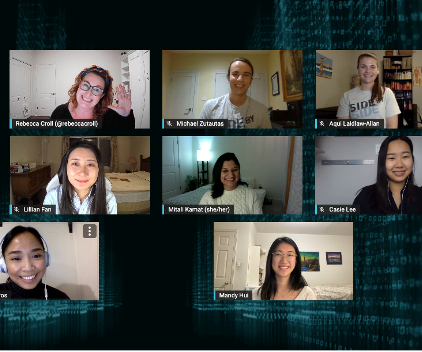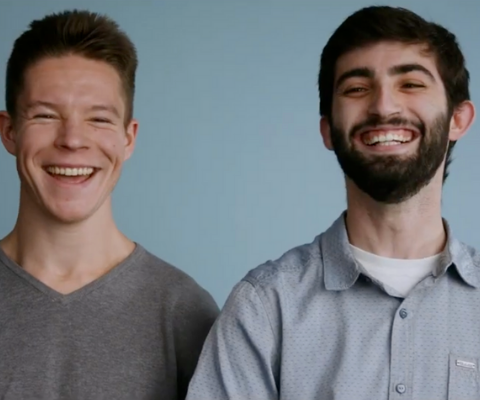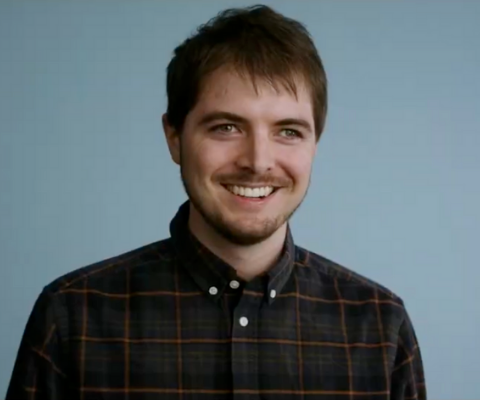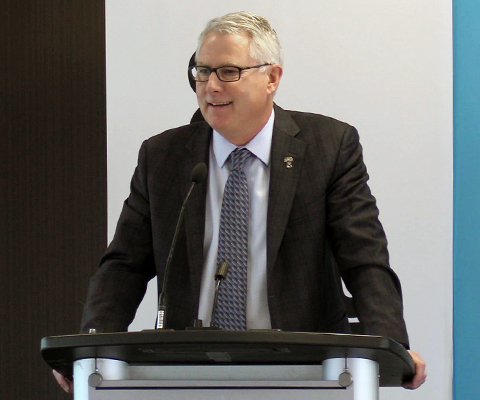Réconciliation avec les peuples autochtones : Le territoire est à la base de tout
Texte sur l’écran : [Social work students at the University of the Fraser Valley were asked to undertake a project that could make an impact in the community. They produced an award-winning video on what it means to live and learn on the unceded territory of the Stó:lō people.]
Katelyn Pesut : None of us are from an Indigenous background, and so we – we were really aware of that and wanted to do it in a way that was anti-racist, that was not tokenizing the community, and it was – our hope was that it would come across in a real, genuine, authentic way.
Elizabeth Jonas : They chose that reconciliation recommendation, it came from South Africa. It came from the apartheid regime. So for me, it – it impacted me. There was – there was a lot of history connection. I knew about the residential school, but then at a deeper level, understanding how systematic policies are still present, right, in – in social work and in our – in our communities. So there’s – there’s a lot of knowledge that I’m leaving with, and hopefully in the future we’ll be able to make some changes.
Taylor Nicholls : I think this topic was important for us as a group because we felt like it wasn’t talked about enough and we – not everyone had heard or understood what unceded territory meant, and we felt like that was an important topic. And for me personally, I feel so lucky to be on this land, to have my education on this land.
Melissa Ly: All that has happened in the past, when we say the Sixties Scoop, the residential schools, the Indian Act, prior to that, in high school, I did not know about any of this and I did not understand the impact and magnitude is has on today and how those processes continue to be a part of society still, even today.
Taylor Nicholls: The more I learn about Indigenous theories, like post-colonial theory, you really understand that the land is the basis of everything. And so having the acknowledgment of the land is really the first step in being able to move forward.
Texte sur l’écran : [See the students’ video at: http://ufv.ca/stolo-acknowledgement, logo d’Universités Canada]
Un projet communautaire a permis à des étudiantes en travail social de la University of the Fraser Valley d’apprendre que la reconnaissance du territoire autochtone est la première étape vers la réconciliation entre les peuples autochtones et non autochtones. Leur vidéo primée explique ce que signifie habiter le territoire Stó:lō non cédé.
Vidéo et transcription disponibles en anglais seulement.
Catégorie : Collectivités fortes et inclusives, Éducation des personnes autochtones



